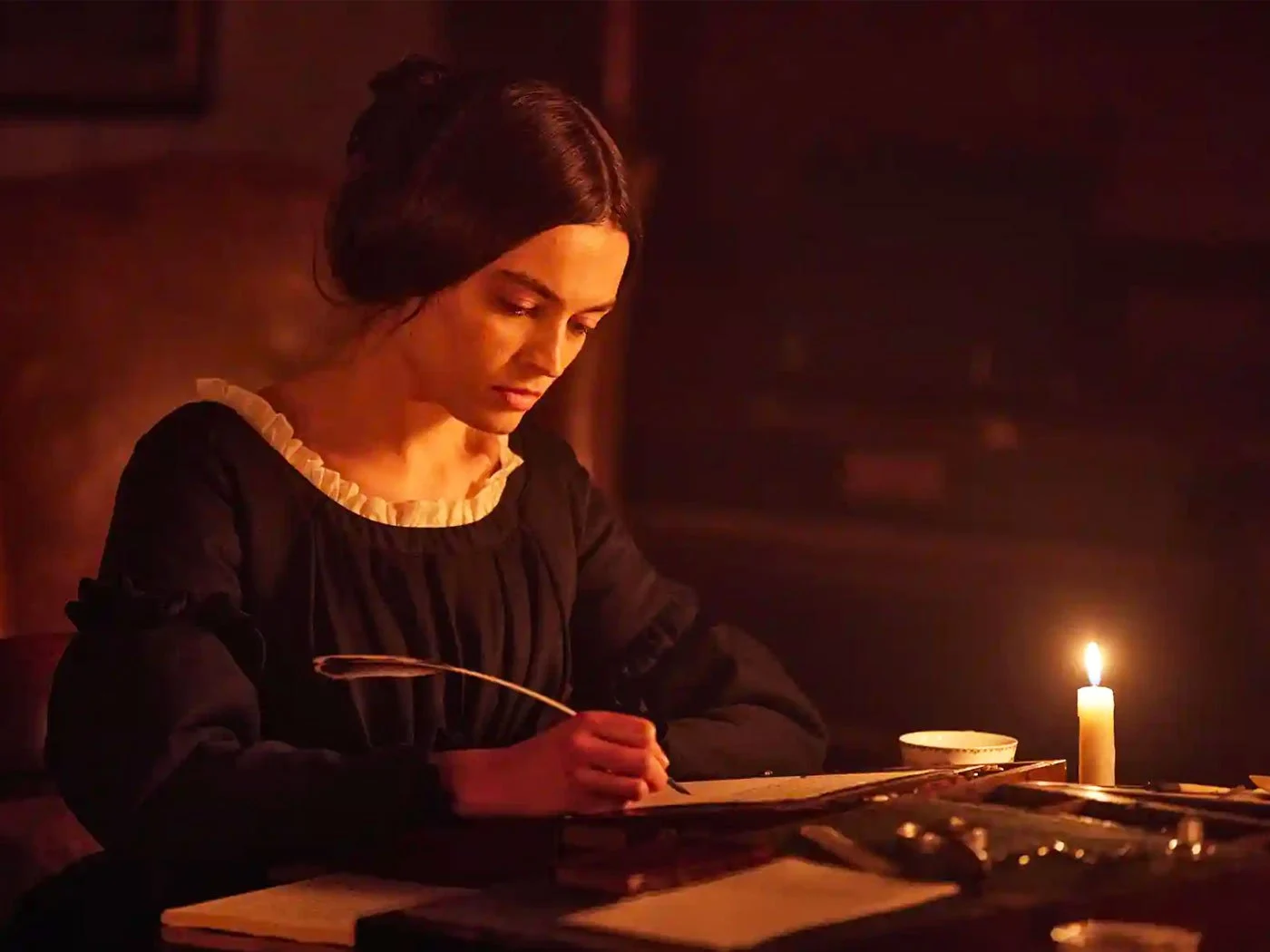
English novelist, Emily Bronte's Wuthering Heights was the author’s first and last novel. It is widely considered by many as one of the most incredible pieces of imaginative literature in the English canon. Let's find out what makes it a classic.
About the author
Emily Jane Bronte was born on July 30, 1818, in Thornton, Yorkshire, England. She was the fifth of six children, and the fourth daughter of Patrick Bronte and Marie Branwell. Her father was a remarkable man and a minister of the Anglican church. The author lost her mother at the tender age of three. This was the first great loss the family had to come to terms with. In 1825, Emily was sent to join her sisters Maria, Elizabeth, and Charlotte at school. Following the tuberculosis epidemic at the institution that claimed the life of her two elder sisters, Emily and Charlotte returned home. This incident is also mentioned in her sister Charlotte's magnum opus Jane Eyre. Emily spent the next 10 years of her life at home, where she played, read extensively, and wrote together with her siblings in an inventive creative workshop. During one of such playful workshops, the four participated in fictional world-making, which resulted in Charlotte and their brother Branwell teaming together to create a fictional land called Angria, and Emily with her sister Anne inventing the fictional Pacific Island of Gondol.
Emily was a meticulous reader. Charlotte in her Preface to the 1850 edition of Wuthering Heights elucidated that her sister "always wrote from the impulse of nature". However, Professor Karen O'Brien from the University of Oxford says that Emily Bronte's lone novel is a testament to her extensive reading and understanding of the works of English poets and authors such as Sir Walter Scott, William Wordsworth, and Lord Byron. The first edition of Emily Bronte's Wuthering Heights was written under the pseudonym Ellis Bell and published in 1847.
Wuthering Heights
Wuthering Heights is a powerful and complex story of love, obsession, and revenge over two generations. It is narrated by housekeeper Nelly Dean and framed from the perspective of a visiting outsider Mr. Lockwood. This narrative revolves around an orphan named Heathcliff, who is taken in by Mr. Earnshaw and brought to live in Wuthering Heights. The story explores the close-knit bond he forms with his patron's daughter Catherine.
What makes it a classic?
A treatise on women Social conventions were extremely important at the time when Bronte wrote this novel. Italian writer and journalist Italo Calvino, in his book The Uses of Literature, said. "A classic is a classic book because it had never finished what it had to say", and Wuthering Heights stands true to this statement. One might think of it as just a love story. Well yes, but it's also a story of ghosts, obsession, and haunting. Where Jane Austen, the Bronte sisters predecessor, wrote about the purpose of romance and how it was intangibly linked to or ended in marriage, Emily Bronte's sole novel is a treatise on women and tries to explore what is important to her gender other than the pursuit of marriage.
Making a statement
Through Wuthering Heights Emily Bronte changed what was possible and acceptable for women to write, and how women and men can be portrayed in fiction. Her characters challenged the social expectation that one's emotions and how they are expressed or dealt with must be dictated by an individual's gender. It advocated that all the things.
that we as people feel are not so different just because one is a man or a woman. It broke away from the tradition that dictated that women must only write about acceptable things (such as love and marriage) and elements of the domestic sphere. It objected to the idea that men (especially heroes) are not capable of emoting grief and passion or being allowed to display any negative emotions such as vengeance. Wuthering Heights is not a moralising novel and calls the hypocrisy of the society that divides people on the basis of gender, turns a blind eye to the violence it inflicts in the name of religion, set unrealistic moral expectations, and is more concerned with respectability, than working towards creating an equal society.
Emily Bronte's exceptional imagination in Wuthering Heights, says English author Kate Mosse, "makes it clear that a woman who is an artist and a man who is an artist have the same mission-to write what we think is true and to write what we think matters, this makes her sole novel one for the ages."
Picture Credit : Google




